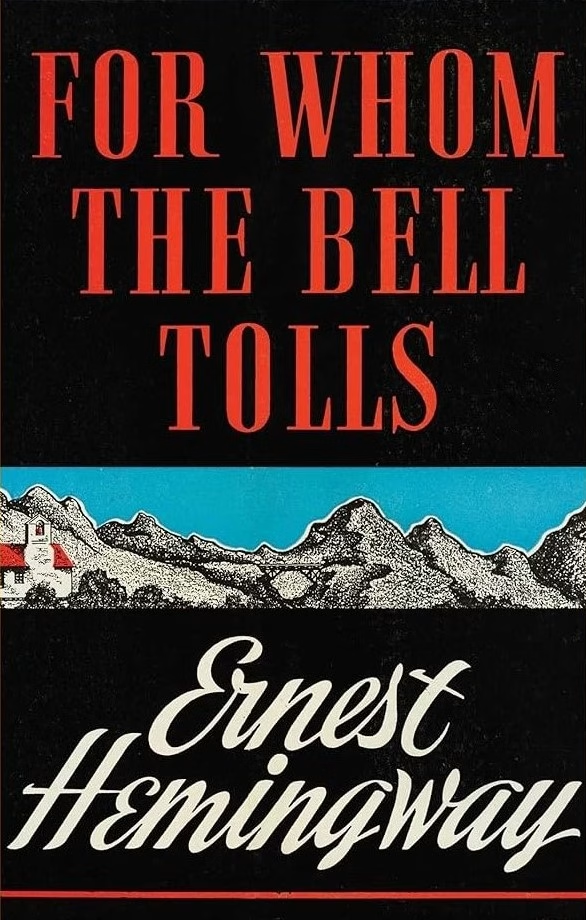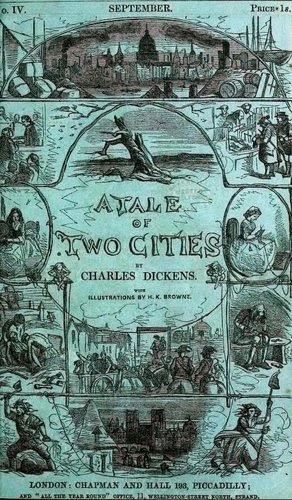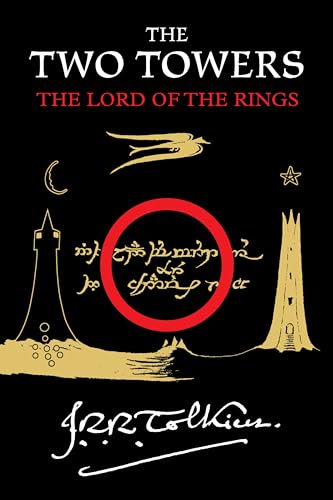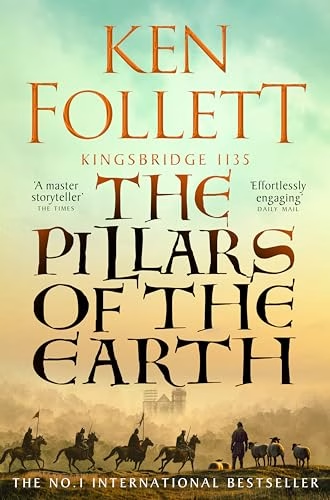Plot Summary:
The Mission and the Camp
Robert Jordan, a young American university instructor serving as a demolitions expert in the International Brigades during the Spanish Civil War, is tasked with a critical mission: to blow up a strategic bridge behind fascist lines. The demolition must be timed precisely to coincide with a surprise Republican offensive, preventing enemy reinforcements from reaching the front.
His guide is an old, steadfast peasant named Anselmo. Together, they carry heavy packs of explosives into the Sierra de Guadarrama mountains, arriving at the camp of a guerrilla band led by a man named Pablo. Jordan finds the camp in a state of moral decay. Pablo, once a fierce fighter, has grown fearful and cynical, prioritizing his personal safety and a small herd of horses he has acquired over the Republican cause. He immediately sees Jordan’s mission as a suicidal disruption that will attract overwhelming fascist retaliation.
Pablo’s authority is challenged by his formidable wife, Pilar. A woman of immense strength, courage, and earthy wisdom, Pilar is the true leader of the band. Disgusted by her husband’s cowardice, she rallies the other guerrillas—including the obscene but loyal Agustin, the dignified Fernando, and a sly gypsy named Rafael—to support Jordan and the Republic.
It is in this tense environment that Robert Jordan first sees Maria. She is a young woman rescued by the band after the demolition of a fascist troop train. She bears the deep scars of war: her head has been shaved, and she was brutally and repeatedly raped by Falangist soldiers who also executed her parents. Despite this trauma, she retains a quiet innocence and resilience. Jordan is immediately captivated by her, and a powerful, intense love affair blossoms between them over the next three days.
Rising Tension and Foreshadowing Doom
As Jordan and Maria’s love deepens, representing a desperate grasp on life and a future that seems impossible, the dangers of the mission mount.
- Scouting the Bridge: Jordan and Anselmo meticulously scout the bridge, confirming that while its destruction is technically feasible, the two sentry posts guarding it will have to be eliminated silently and simultaneously.
- Conflict with Pablo: The tension with Pablo escalates. He remains a volatile and untrustworthy presence, openly opposing the mission and drinking heavily. Jordan recognizes him as a significant threat to the operation’s success.
- El Sordo’s Alliance: Jordan and Pilar visit the camp of El Sordo, another respected guerrilla leader in the area. Despite his deafness, Sordo is a shrewd and courageous fighter. He agrees to aid in the attack on the sentry posts, though he shares Pablo’s concerns about the extreme risk of a daylight operation.
- The Warning Signs: The guerrillas witness massive movements of fascist aircraft and learn of troop concentrations in the area. It becomes terrifyingly clear that the Republicans have lost the element of surprise. Jordan, realizing the offensive is likely doomed to fail, writes a dispatch to his commander, General Golz, warning him of the enemy preparations. He sends a young guerrilla, Andres, on the perilous journey to deliver the message through the lines, but harbors little hope that the attack will be called off in time.
The sense of impending tragedy is confirmed when fascist cavalry, tracking horses stolen by El Sordo’s men, discover his camp. El Sordo and his small band are trapped on a barren hilltop. Knowing they cannot escape and refusing to surrender, they make a heroic last stand. From their own camp, Jordan and his group can only listen to the sounds of the hopeless battle, which culminates in a devastating aerial bombardment that annihilates El Sordo and all of his men. The event serves as a grim foreshadowing of their own likely fate.
That night, consumed by fear, Pablo deserts. He takes with him the most crucial pieces of Jordan’s equipment: the exploder and the detonators needed to fire the charges. The mission appears to be crippled beyond repair.
The Climax: Blowing the Bridge
Just hours before the mission is set to begin, Pablo returns. He is ridden with guilt and a profound sense of loneliness, confessing that he could not bear to be apart from his people. In a desperate act of penance, he has ridden through the night and recruited a small, ragged group of other partisans to assist them.
Robert Jordan, forced to improvise, devises a new, more dangerous plan to detonate the explosives using hand grenades wired together. As the first light of dawn breaks, the distant rumble of the Republican bombardment begins—the signal to attack.
- The Assault: The guerrillas split into two groups. Pablo, his courage momentarily restored, leads his new men in an assault on the lower sentry post. Pilar leads the other group against the upper post. The fighting is chaotic and brutal. While the posts are eventually taken, the band suffers casualties, including the death of Eladio and the mortal wounding of the stoic Fernando.
- The Demolition: Under fire, Robert Jordan and Anselmo lash the explosive charges and grenades to the bridge’s steel girders. As they finish, fascist trucks and an armored car appear on the road. Jordan gives the order to pull the wires connected to the grenades. The bridge erupts in a deafening explosion, its central span collapsing into the gorge just as intended. In the blast, however, Anselmo is killed by a flying piece of steel.
The Escape and the End
The surviving guerrillas make a desperate retreat on horseback as fascist tanks and troops converge on the scene. During the chaotic escape up a forested hillside, a tank fires a shell that explodes near Robert Jordan. His horse is hit and falls, crushing Jordan’s left leg and shattering his thigh bone.
Immobilized and in agony, Jordan knows he cannot go on. He urges the others to flee, entrusting Maria to Pilar’s care. He and Maria share a heartbreaking farewell, in which he convinces her that he will live on through her and that she must escape for both of them.
Left alone, propped against a pine tree with a submachine gun across his lap, Robert Jordan waits for the approaching fascist soldiers. As the first officer comes into his sights, Jordan feels his heart beating against the pine needle floor of the forest. His final act is to ambush the enemy officer, buying his comrades a few more precious moments to escape. The novel ends in this moment of sacrifice, a final, defiant act of duty in a seemingly lost cause.
Characters:
Robert Jordan
The protagonist, an American intellectual and idealist who has committed himself fully to the disciplined, pragmatic work of war. He is a man of action and a skilled demolitions expert, driven by a profound belief in the Republican cause and a sense of duty. Internally, however, he is introspective, often reflecting on his family, his past, and the moral complexities of the war. His three days in the mountains force him to confront the conflict between his fatalistic commitment to his mission and his sudden, overwhelming desire to live, sparked by his love for Maria. He embodies the tragic heroism of choosing duty over personal happiness, finding a lifetime of meaning in a few short hours.
Maria
A young Spanish woman who has suffered unspeakable horrors at the hands of the fascists. When Jordan meets her, she is fragile and traumatized, but their love awakens her spirit and resilience. She is innocent, gentle, and fiercely loving, representing the purity and hope that the war is destroying. Her relationship with Jordan is both a healing process for her and a profound awakening for him. She symbolizes the human spirit’s capacity for love and rebirth, and she is the embodiment of the life and the future that Jordan is fighting to protect.
Pilar
The de facto leader of the guerrilla band and Pablo’s wife. She is an earthy, powerful, and complex woman, described as being as ugly as she is wise. Having lived with bullfighters and seen the full spectrum of life and death, she is brutally practical, deeply loyal to the Republic, and fiercely protective of those she loves, especially Maria. She possesses a strange, almost mystical intuition and a powerful personality that commands respect and fear. Pilar is the emotional and moral center of the group, representing the enduring, unshakeable strength of the Spanish people.
Pablo
The official leader of the guerrilla band, who has been broken by the war. He has devolved from a courageous and ruthless fighter into a cynical, fearful, and selfish man obsessed with his own survival and his horses. He is a constant source of tension and a threat to the mission. His journey is one of degradation, betrayal, and a final, complex act of redemption born not of renewed idealism, but of his inability to endure loneliness. Pablo represents the corrosive effect of prolonged warfare on the human spirit.
Anselmo
An elderly peasant who serves as Jordan’s guide. He is a man of simple, profound integrity and courage. He is deeply loyal to the Republic but hates killing, viewing it as a sin he must commit as a terrible duty. He represents the moral soul of the Spanish peasantry—dutiful, honorable, and tragically caught in a conflict that violates his fundamental nature. His death during the bridge’s destruction is one of the novel’s most poignant tragedies.
Core Themes:
The Interconnectedness of Humanity
The novel’s title and its epigraph from John Donne’s sermon (“No man is an Iland, intire of it selfe…”) establish its central theme. Robert Jordan is fighting in a foreign war because he believes that the fight against fascism in Spain is a fight for all of humanity. Any person’s death diminishes him, because he is “involved in Mankinde.” This theme elevates Jordan’s personal sacrifice from a mere military act to an event of universal significance. His commitment to the cause, even at the cost of his own life and love, is an affirmation of this belief in a collective human destiny.
Love as a Life-Affirming Force in the Face of Death
The love story between Robert Jordan and Maria, compressed into less than 72 hours, stands in stark contrast to the brutality and death that surrounds them. War heightens their emotions and collapses time, allowing them to experience a lifetime of love in a few days. For Maria, the relationship is a source of healing from her trauma. For Jordan, it is an awakening that gives him a profound reason to want to live, even as he accepts his duty to die. Their love becomes the ultimate symbol of life, hope, and meaning in a world consumed by destruction. The sensation they share of “the earth moving” symbolizes a transcendent experience that lifts them, however briefly, above the grim reality of their world.
Duty, Sacrifice, and Political Commitment
Robert Jordan is a man defined by his sense of duty. He subordinates his personal fears, desires, and even his love for Maria to the successful completion of his mission. The novel explores the nature of this commitment, questioning the orders of a flawed and distant high command but ultimately affirming the necessity of individual sacrifice for a greater cause. The story is a powerful examination of what it means to hold to one’s political and moral convictions when faced with the near-certainty of death.
The Brutality and Moral Corrosion of War
For Whom the Bell Tolls is an unflinchingly realistic depiction of war. It does not shy away from portraying the physical violence, the psychological damage, and the moral compromises that conflict demands.
* Pilar’s story of the Republican massacre of fascists in her hometown is a brutal reminder that atrocities are not confined to one side.
* Pablo’s character arc shows how the constant strain of fear and killing can degrade a once-brave man into a cowardly, selfish wreck.
* Anselmo’s anguish over the necessity of killing illustrates the moral toll war takes on decent people.
The novel makes it clear that war, even when fought for a just cause, is a dehumanizing and corrupting force.
Plot devices:
The Ticking Clock
The entire narrative operates under the immense pressure of a deadline. Robert Jordan has a specific, non-negotiable window in which to destroy the bridge. This structure accomplishes two things: it creates relentless suspense and it forces all of the story’s emotional and psychological development—Jordan’s love for Maria, his conflict with the guerrillas, his confrontation with his own mortality—into a highly compressed and intense timeframe of just three days.
Foreshadowing
Hemingway masterfully uses foreshadowing to create an atmosphere of inescapable tragedy.
* El Sordo’s Last Stand: The battle on the hilltop is a miniature version of the larger predicament. Sordo’s group is discovered, surrounded, and exterminated by superior enemy force and air power. This event serves as a direct and chilling preview of the fate that awaits Jordan’s own mission.
* Pilar’s Palm Reading: Early in the novel, Pilar reads Robert Jordan’s palm and is so disturbed by what she sees that she refuses to tell him. This superstitious but powerful moment hangs over the narrative, reinforcing the sense that Jordan is fated to die.
* The Enemy’s Preparedness: The constant observation of fascist planes, troop movements, and the rumors brought from town all point to the fact that the Republican offensive is no longer a surprise, suggesting from the outset that the mission is likely futile and suicidal.
Symbolism
- The Bridge: The bridge is the novel’s central, multi-layered symbol. On a literal level, it is a military target, the objective of the mission. Symbolically, it represents a connection—between the past and the future, between life and death, between the individual and the collective. Its destruction is a necessary act to win the war, but it is also a tragic act of severance, cutting off Jordan’s own future and his connection to the world and to Maria.
- The Sleeping Bag: The down-filled sleeping robe is a powerful symbol of warmth, intimacy, and sanctuary. It is the only private space available to Jordan and Maria, a fragile “home” where their love is nurtured and consummated. It represents a small, sheltered world of human connection that stands in defiance of the cold, violent world of the war outside its canvas walls.





